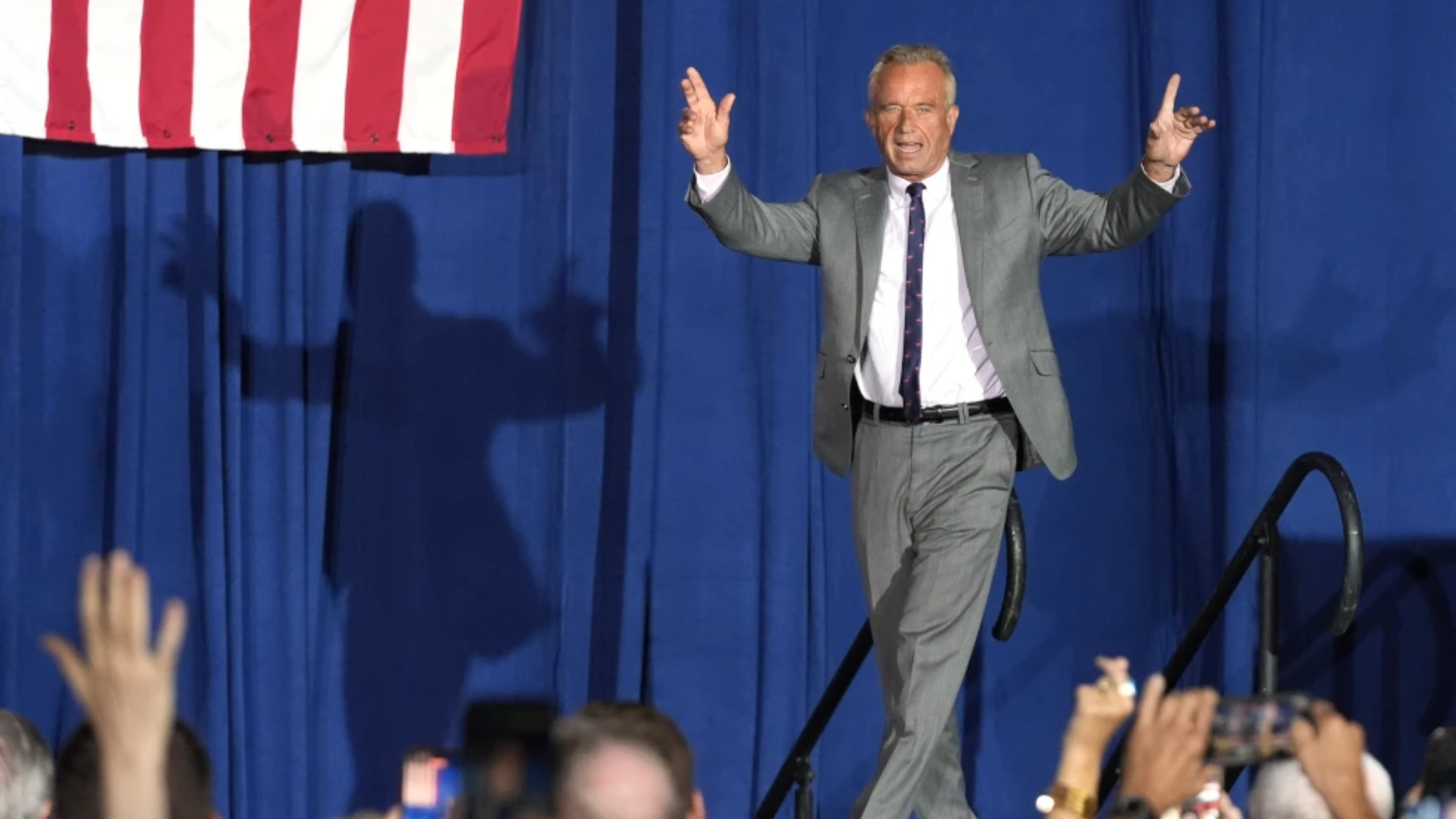WASHINGTON — When Democratic senators arrived for their policy lunch this week, several came off the elevators in the Capitol and turned instinctively towards the Mansfield Room, a large and elegant meeting space just off the Senate floor.
It was only after walking in on a roomful of lunching Republican senators that the Democrats, to their chagrin, realized that when they lost the majority, they also lost many of the perks of power — including use of the spacious room that's hosted Democratic caucuses for the last eight years.
"I'm going to the wrong caucus," Sen. Sherrod Brown, D-Ohio, said with an embarrassed smile as he turned to find the LBJ Room, an equally ornate but tighter room where the smaller 46-member Democratic caucus will now meet.
"Oh, I forgot we were in this room," grumbled Sen. Chuck Schumer, a New York Democrat, as he walked into LBJ.
The room assignment is just one example of how life will be different for Democrats after a long eight years in the majority — so long, in fact, that most current Democratic senators have never served in the minority.
Gone are coveted committee chairmanships and the enormous influence over legislation, oversight hearings and investigations that go with them. Gone too are committee slots for Democrats, as Republicans beef up GOP control of the committees that will vote to cuts taxes, slash spending, ditch government regulations, and approve other measures that many Democrats oppose.
The long weekends Democrats regularly scheduled by taking most Fridays off are also a thing of the past. To boost the Senate's woeful productivity, GOP leaders are vowing to work five days a week.
For Sen. Patrick Leahy, D-Vermont, who during the last Congress served as president pro tempore of the Senate (the most senior senator from the majority party), the change means he's no longer third in line to the presidency as called for in the Constitution. That change also means he loses the U.S. Capitol Police detail that was assigned drive him and be with him at all times — arguably a tough perk to give up. Sen. Orrin Hatch, R-Utah, now has that privilege.
"It's tough. I guarantee it's tough," said Sen. John McCain, with a wry smile when asked how the Democrats will cope getting used to the minority. McCain, who has seen the control of the chamber change several times over his three decades in the Senate, said the hardest part may be that "you're used to setting the agenda" and "you're used to reporting out your own legislation."
Democratic Sen. Patty Murray of Washington, who last year chaired the influential Budget Committee, agreed that "not setting the agenda" will be the most frustrating part of not being in the majority.
"But I've been in the minority before and it's a great opportunity to outline and fight for the things you care about."
Democrats recognize they will draw much of their power and relevance over the next two years because there is a Democrat is in the White House who can veto GOP legislation and they can vote to uphold those vetoes.
"Ultimately, when we veer towards the most partisan issues, the White House becomes a major player," said Sen. Dick Durbin, the second-ranking Democrat. "And the President's veto pen becomes a major element and 34 Democratic senators become decisive," he said, referring to the number of Democrats needed to prevent Republicans from overriding a presidential veto.
One thing that doesn't change with the switch is the location of McConnell's suite of offices and the suite occupied by the now Minority Leader Harry Reid. Both suites are very large and have gorgeous views down the Mall to the Washington Monument and Lincoln Memorial. Years ago, the parties decided they wouldn't go through the labor and expense of moving the leaders' offices whenever the majority changed.
McConnell may regret that now. While Reid's office is sequestered in a back hallway, largely off limits to the press, McConnell's office sits in a more public area in the center of the building.
That means whenever he leaves his office he will run into the gauntlet of reporters who pester him regularly. While McConnell was in the minority, he was disciplined and tight-lipped, rarely giving a usable quote. But the pressure on him to answer questions is sure to increase now that he's running the Senate and reporters will be hanging on his every word.
Copyright 2015 CNN. All Rights Reserved. This material may not be published, broadcast, rewritten, or redistributed. (AP Photo/Susan Walsh)





















